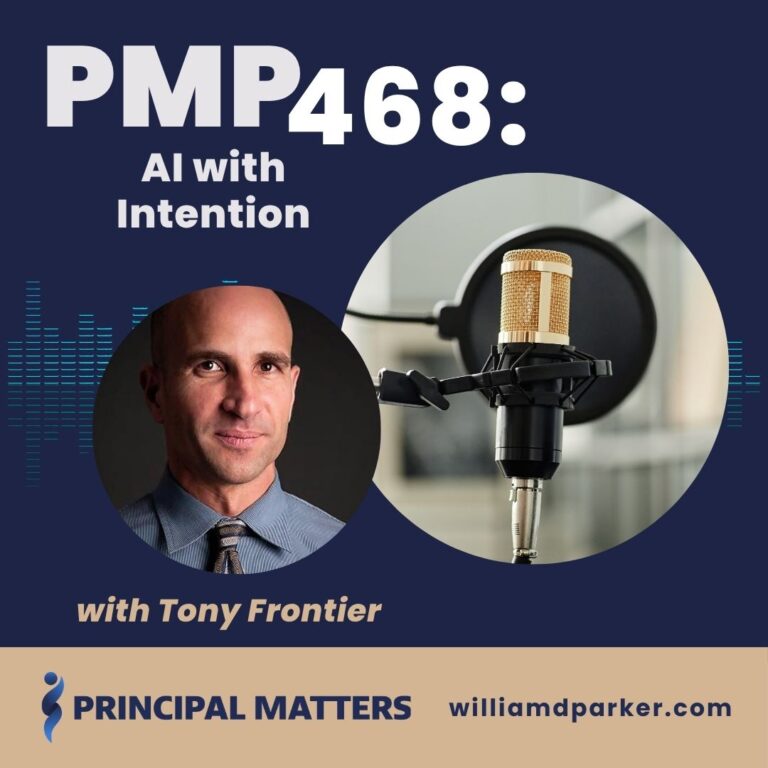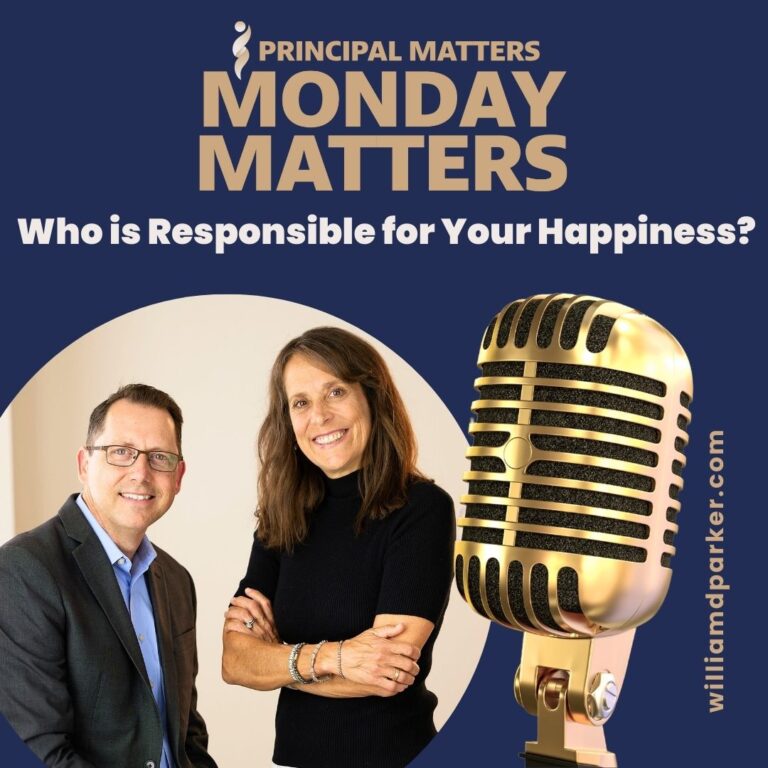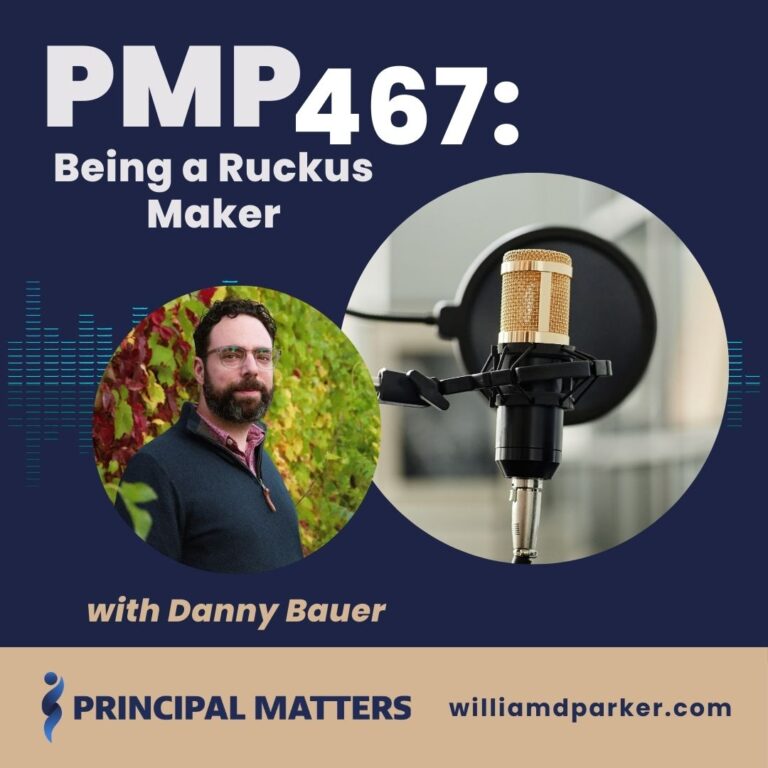Podcast: Play in new window | Download
I enjoy the sounds of morning. Yesterday, as I sat on my back porch sipping coffee, I could hear the patt-pattering of a woodpecker in the Cottonwood tree. Three squirrels were scampering along the back fence, chasing each other with furtive jumps from fence to tree limbs. A cardinal sang out his morning song with sharp trills. My neighbor’s magnolia tree was bearing large white pedals across glassy green leaves. Spring is here, and I am reminded of new mercies we receive every morning.
Those small comforts feel good at the end of a difficult month. I attended two funerals in the past week – both for friends who lost family members who were very young. As I’ve watched community members gathering together to comfort one another and remember the precious lives of friends they have lost, I am reminded of my own humanity.
At one of the funerals I attended, a family member reminded everyone to take the word ‘later’ out of their vocabulary. It was a good reminder. Who is that person you’ve been meaning to call? What is that place you’ve always wanted to visit? What is a goal you’ve delayed pursuing? Just do it. Don’t wait it later.
Of course, I have also heard the news from Uvalde, Texas. One of my friends, Dr. Jeff Springer, who has been a guest on this podcast several times, talked to me over the weekend. Jeff had the privilege of providing professional development to teachers and administrators in Uvalde this past school year. Like so many others close to the situation, his grief carries with it so many good memories of the good people there.
Last week one of my former students called on the day of the shootings. We’ve known each other since 1993, my very first year of teaching. She keeps in touch and listens to my podcast. She wanted to know if I have ever talked about school shootings on my show.
The next morning, my oldest daughter, a recent college graduate called me at work. She was in tears. “They were just babies,” she kept saying over and over again.
The next day I was on a Zoom call with education leaders from across the country when a veteran leader from Iowa explained how he had sat in his living room the night before and wept at the losses at Robb Elementary School.
I’m guessing many of you listening to me talk right now have done the same. Maybe you’ve wept over last week’s tragedies. My guess is you’ve wept over many other difficult moments in your years serving schools.
On Friday, The National Association of Secondary Principals shared a post from the Principal Recovery Network https://www.nassp.org/community/principal-recovery-network/. This group was formed in 2019 for principals who have survived school shootings. 22 principals representing 15 states from this group. They also wrote an open letter to Congress that was published in the Washington Post over the weekend. It simply read:
“We are members of a club that no one wants to join. Yet, our membership keeps growing.
“We are the Principal Recovery Network, a group of school leaders who have lived through shootings at each of our schools. We constantly relive one of the worst days of our lives because we have taken it upon ourselves to reach out to principals who have experienced a shooting at their schools and help them navigate a path we all unfortunately have been down.
“The tragedy at Robb Elementary in Uvalde, Texas, was the 27th school shooting this year and one of hundreds since the massacre at Columbine High School 23 years ago. These horrific acts have compelled us to speak out. They compel us to act.
“To every elected leader at every level of government, you have a duty to do everything it takes to prevent our kids and educators from being murdered in school. Time and time again, we have come to you to prevent future shootings. If you don’t act now, this will happen again.
“We beg you: Do something. Do anything. This is a bipartisan issue. Protect our students. Protect our educators. Protect our schools. Violence extends well beyond our campuses. We ask you to act and to do the right thing — protect our communities.”
Out of respect for each of their experiences, I want to read the names of the principals in this network:
Michael Bennett, former Assistant Principal, Columbia High School, East Greenbush, NY
Elizabeth Brown, Principal, Forest High School, Ocala, FL
Frank DeAngelis, former Principal, Columbine High School, Littleton, CO
Lauren Ford, former Principal, Procter R. Hug High School, Reno, NV
Andy Fetchik, former Principal, Chardon High School, Chardon, OH
Denise Fredericks, Principal, Townville Elementary School, Townville, SC
Kathleen Gombos, Principal, Sandy Hook Elementary School, Newtown, CT
Patricia Greer, former Principal, Marshall County High School, Benton, KY
Warman Hall, former Principal, Aztec High School, Aztec, NM
Jake Heibel, Principal, Great Mills High School, Great Mills, MD
Matthew Hicks, former Assistant Principal, Noblesville West Middle School, Noblesville, IN
Greg Johnson, Principal, West Liberty-Salem High School, West Liberty, OH
Michelle Kefford, Principal, Marjory Stoneman Douglas High School, Parkland, FL
Andy McGill, Assistant Principal, West Liberty-Salem High School, West Liberty, OH
Kevin Lein, former Principal, Harrisburg High School, Harrisburg, SD
Jeff Meisenheimer, Principal, Lee’s Summit North High School, Lee’s Summit, MO
George Roberts, former Principal, Perry Hall High School, Baltimore, MD
Ryan Rollinger, Principal, Harrisburg High School, Harrisburg, SD
Michael Sedlak, former Assistant Principal, Chardon High School, Chardon, OH
Ty Thompson, former Principal, Marjory Stoneman Douglas High School, Parkland, FL
Stacey Ting, Principal, Sparks Middle School, Sparks, NV
Thank you to each of them for their bravery in representing their school communities. And for your representation of school leaders in general. You can see their post on NASSP’s website, and there is a link where you can send it to your own elected officials: https://www.nassp.org/actnow/
When I talk to my former students, my own children, and my education colleagues, we seem to have the same conversations after tragedies like this. We grieve the state of any human who can be driven to such heinous crime. We question why schools are so often the target of such violence in the U.S. We question and wonder why an 18 year-old can so easily purchase an assault-style weapon and hundreds of rounds of ammunition.
I also have a daughter studying abroad in Wales. Her time there has given me pause as we compare U.S. policy to policies in the U.K. where she now lives. I did a little research this past week on U.K. schools. In case you are not aware, the last mass school shooting in the U.K. was in 1996 in Dunblane, Scotland. That event prompted stricter gun control laws, and the U.K. has experienced zero school shootings since then. Yes, I fact-checked the research. Zero school shootings since 1996. https://www.smithsonianmag.com/history/how-1996-dunblane-massacre-pushed-uk-enact-stricter-gun-laws-180977221/ The last mass shooting in the U.K. was in Cumbria in 2010, but it was not in a school.
I spend a lot of time talking to school principals. It is my full-time work. I consistently observe something amazing about you. No matter their political affiliation, no matter the size of their school, no matter whether they are urban, suburban or rural, they share this in common: you care about students. You believe in common sense solutions for caring for their school communities. You are the ones most responsible for ensuring school safety. You are also the ones picking up the pieces after a school tragedy.
I am grateful I was never forced to join a Principal Recovery Network – a group none of the members ever wanted to belong. But I’m proud of these men and women, and I am proud of my colleagues in schools in the U.S. and across the world who show up everyday to keep caring.
With that in mind, I can only share ideas from the times I have helped my own school communities manage grief. I have lost students to illnesses, to suicide, to car accidents, and to murder. Each tragedy created a different journey and response.
I have written and shared about ways school leaders can manage grief in previous posts. You can find a summary of those on my website, including these 8 suggestions:
1. Communicate, communicate, communicate.
2. Be present and visible.
3. Maintain as much stability and routine as possible.
4. Allow creative and spontaneous responses.
5. Ask for help from outside the school.
6. Enjoy and appreciate your students.
7. Be prepared for media contact.
8. Allow yourself time to grieve.
You can see the original post from the Principal Matters website here:
The Principal Recovery Network has several resources on its website educators can use as well and I’ll post a link here: https://www.nassp.org/actnow/
Let’s Wrap This Up
When I was boy, my oldest brother, Harvey, found a guitar that had been gifted to another family member who had never used it. He tuned it without knowing how and taught himself make-shift chords. One day a friend of his heard Harvey playing and taught him how to correctly tune it, and he learned chording all over again.
Later my brother taught me to play, and music has been one of the most important constants in my life. Even in junior high, I remember thinking if I had to lose a limb, I’d prefer not walking to the loss of my hands because of how much I enjoy playing piano and guitar.
In 2010, Harvey died of a heart attack. He was only 46-years old. It was sudden, unexpected and as tragic as you can imagine. The morning after his death, I was sitting at the old piano in my parents’ living room. I tried to pick out a melody but the sound of the notes reminded me of all the music Harvey and I had played together: the long nights of jamming with friends, sitting around with family for sing-alongs, listening to one another share songs we had written.
It was the moment when I cried the most bitterly that he was gone – not because I didn’t believe I’d never see him again in eternity – but because the world still seemed so much lonelier and less spectacular in his absence.
I wish I had some words of wisdom to share in the midst of these recent days of loss. Instead, I just want to remind you that you are appreciated.
Your sacrifices to serve others, the late night games, the endless meetings, the morning bus duties, the cafeteria duties, the playground duties, the countless times you have locked and unlocked doors, the patient and sometimes impatient waiting for the last parent to pick up the waiting kid. Thank you for being there on the good days. And thank you for being there on the hard ones.
For those of you starting summer break, I hope you discover small joys in the mundane things of life: the sip of coffee from a favorite mug, the surprise of a new sprouting leaf, the thrill of a whippoorwill’s song, the rush of wind in the trees. Whatever kind of day you’re waking up to, may you find new mercies every morning.
Send Me Your Thoughts
As I wrap up this week’s post, I want to ask for your feedback. Principal Matters Podcast is only 4 episodes away from 300 shows. If you’ve benefited from any of the podcast episodes, would you send me a favorite memory? Use the voice-memo on your phone, record one minute stating your name, the school you serve, and something you’ve enjoyed learning from the podcast. Email it to will@williamdparker.com and I’d be glad to share your voices on the 300th episode.
Until next time, thank you for doing what matters!




